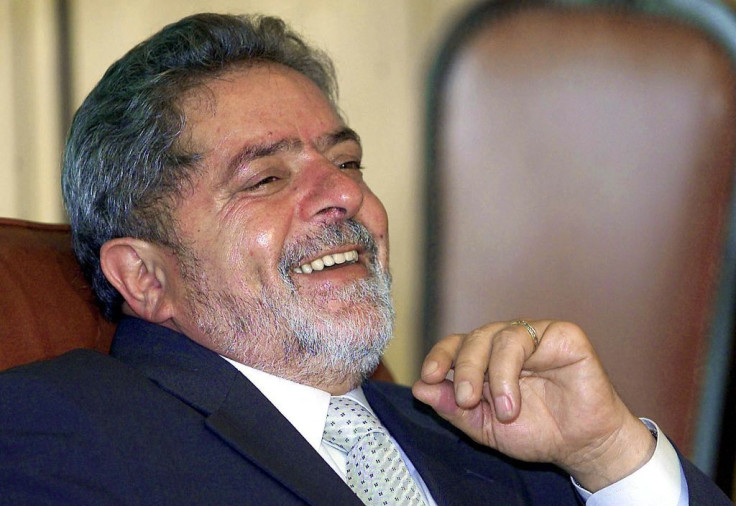As the deforestation of the Amazon rainforest ebbs below its 15 year peak reached last year, Brazil’s President-elect Lula da Silva met with representatives of the soy industry to propose a pact that could reduce the deforestation of the Cerrado savanna that borders the Amazon.
The proposal from Lula is reportedly modeled from a similar proposal made in 2006 where soy traders agreed not to buy soy that was made from the deforested areas of the Amazon rainforest. This one, however, targets to reduce deforestation of the Cerrado, which is a species-rich savanna that borders the Amazon, according to Reuters.
Former Environment Minister Carlos Minc presented the proposal talks with other environmental advisors of Lula’s administration, saying that the goal is to create a “a pact for sustainable soy in the Cerrado” modeled on past pacts that have had a positive impact on society at large.
The soy industry has been largely resistant with attempts on making a pact to stop the deforestation of the Cerrado, even as many big firms in the industry have laid out their own goals to make their soy production sustainable and any sort of deforestation in their supply chain gone by 2025.
This announcement of a possible Cerrado pact comes as deforestation in the Amazon, which reached a 15-year high last year, became 11% less this year even as much of the rainforest continued to be hacked and destroyed for various industrial purposes, the Associated Press reported.
After decades of the successful reduction of deforestation efforts in Brazil, outgoing President Jair Bolsonaro’s term in office has allowed for significant increases in the practice. It’s been recorded that the first four years of his term allowed for a 60% in the destruction of the Amazon versus the four years before he was elected.
“In recent years, deforestation has reached protected areas where previously there was almost no destruction,” Amazon Institute researcher Jakeline Pereira said. “In Paru’s region, the destruction is driven by lease of land for soybean crops and cattle.”
Lula’s term is expected to present a strong environmental policy that will reverse the increasing amount of deforestation in the Amazon, which was exacerbated during Bolsonaro’s term with his willingness to gut environmental agencies and loosen land protection laws.
“If da Silva wants to decrease forest destruction by 2023, he must have zero tolerance for environmental crime from Day One of his administration. That includes holding accountable those who sabotaged environmental governance in the country while in office over the past four years,” Marcio Astrini, the executive secretary of the Climate Observatory, said.

© 2025 Latin Times. All rights reserved. Do not reproduce without permission.





